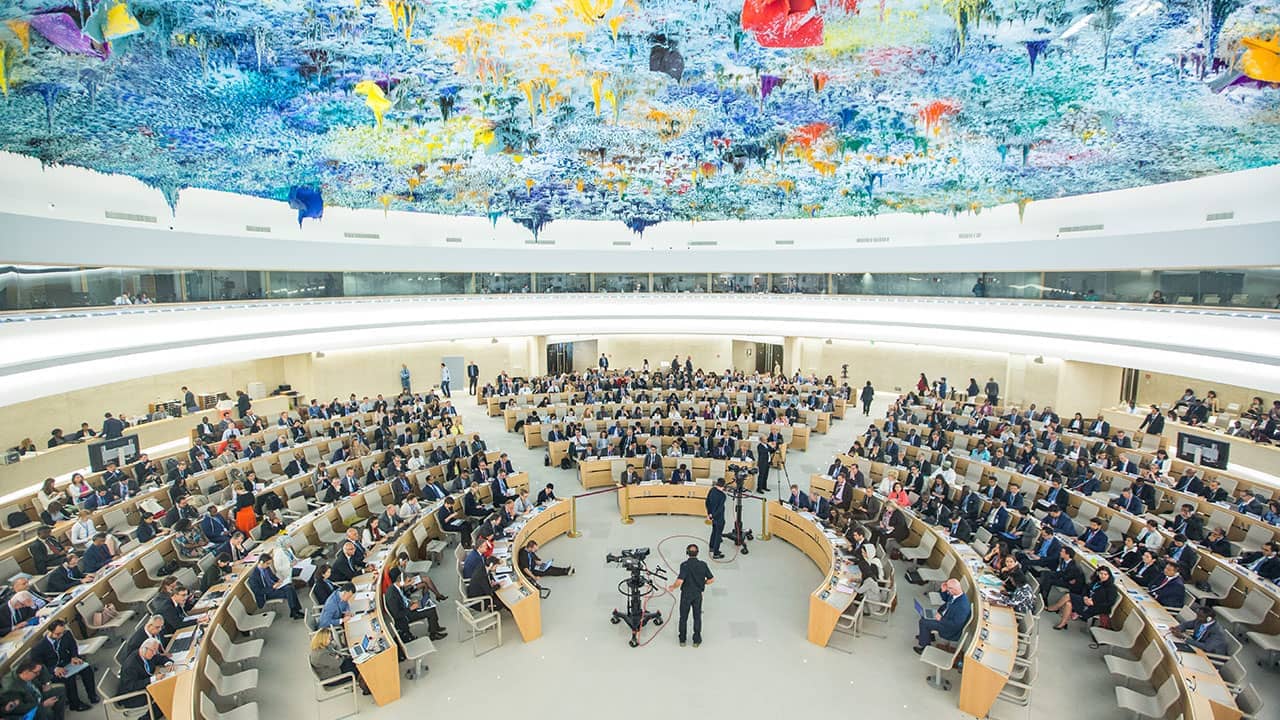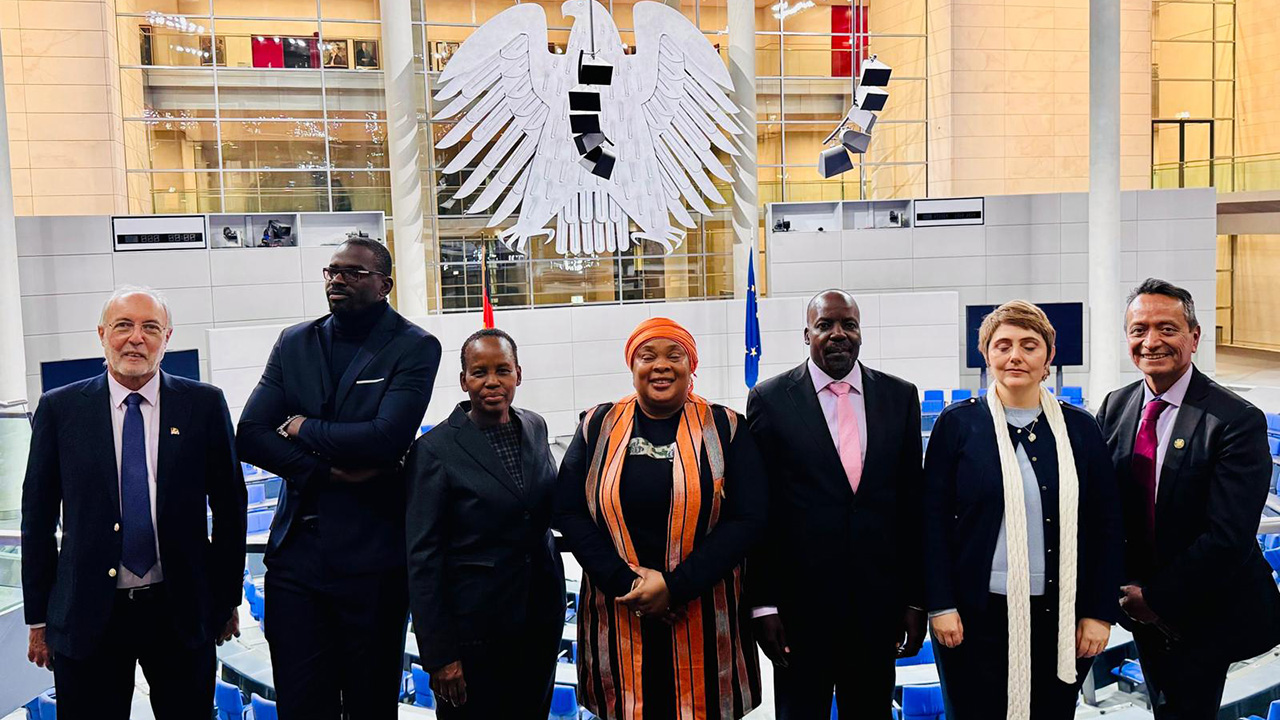
New York, NY September 30, 2014
Dear PGA Members,
On September 26, 2014, the United Nations Human Rights Council adopted a resolution against discrimination and violence perpetrated towards Lesbian, Gay, Bisexual, Transgender, and Intersex (LGBTI) people.
Resolution A/HRC/27/L.27/Rev.1 calls the High Commissioner for Human Rights to update a 2012 report on violence and discrimination on the basis of sexual orientation and gender identity (A/HRC/19/41), with a view to sharing good practices and ways to overcome such violence and discrimination. The resolution also expresses grave concern at acts of violence and discrimination in all regions of the world committed against individuals because of their sexual orientation and gender identity.
The newly appointed UN High Commissioner for Human Rights, Zeid Ra’ad Zeid Al Hussein, stated “There is no justification ever, for the degrading, the debasing or the exploitation of other human beings on whatever basis: nationality, race, ethnicity, religion, gender, sexual orientation, disability, age or caste.”
The resolution, introduced by Chile, Colombia, Uruguay and Brazil, intended to have language calling for a systematic report every two years, but the text was removed in the adopted version. The document though, overcame seven proposed amendments that sought to strip LGBTI-specific language from the proposal. The final resolution was adopted by a 25-14 vote margin after more than an hour of debate.
Consulte la resolución en español
Consultez la résolution en français
In 2013, PGA launched its Campaign Against Discrimination based on Sexual Orientation and Gender Identity (SOGI) to promote the human rights principles of equality and non-discrimination and to sensitize parliamentarians on the obligations that States have to all individuals regardless of sexual orientation and gender identity under regional and international conventions to which their countries are party.
To date, PGA has worked with parliamentarians from Costa Rica, Dominican Republic, El Salvador, Ghana, Kenya, Liberia, Sierra Leone, Sri Lanka, Suriname, Tanzania, Uganda, Uruguay and Zimbabwe have participated in actions and consultations on this subject.
I invite you to join us in PGA’s Global Allies Network, a resource for education, raising awareness and providing support to fellow Members of Parliament interested in working on issues of human rights, sexual orientation and gender identity around the world. To learn more about our work in this field, please contact Mónica Adame, GEP Senior Program Officer, at monica.adame@pgaction.org
.
Hon. Thilanga Sumathipala, MP Sri Lanka
Convenor, Gender, Equality and Population Program




